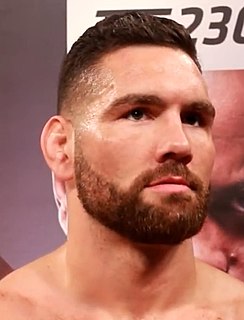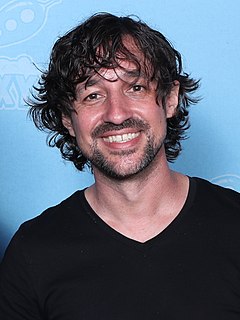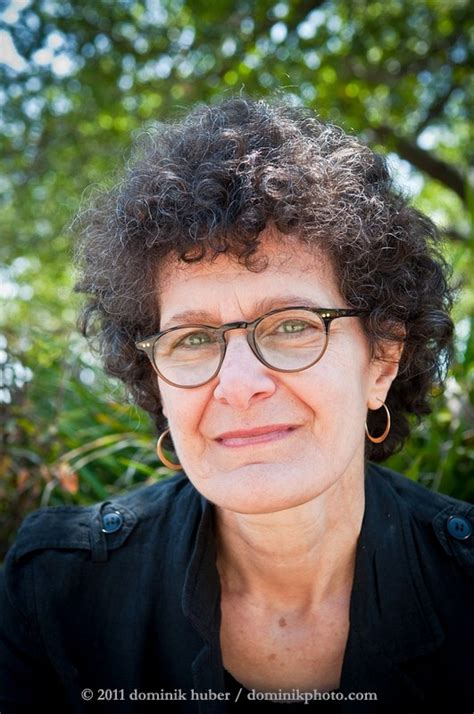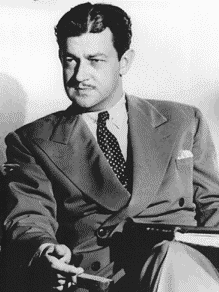A Quote by Roger Rees
'Nicholas Nickleby' was the best example, where 43 people could make an audience of 1,500 look at a fingernail at any given moment. It was so controlled, and yet it was a group of disparate individuals. It was a happy, constructive time, and it seemed to be an active discussion of what makes the theater work.
Related Quotes
Trusting people to be creative and constructive when given more freedom does not imply an overly optimistic belief in the perfectibility of human nature. It is, rather, belief that the inevitable errors and sins of the human condition are far better overcome by individuals working together in an environment of trust and freedom and mutual respect than by individuals working under a multitude of rules, regulations, and restraints imposed upon them by another group of imperfect individuals.
Can any man say with certainty that he was happy at a particular moment of time which he remembers as being delightful? Remembering it certainly makes him happy, because he realizes how happy he could have been, but at the actual moment when the alleged happiness was occurring, did he really feel happy? He was like a man owning a piece of ground in which, unknown to himself, a treasure lay buried.
I'm not a huge fan of 3-D, though. Honestly, I think that movies are an immersive experience and an audience experience. There's nothing like seeing a film with 500 people in a theater. And there's something about putting on 3-D glasses that makes it a very singular experience for me. Suddenly I'm not connected to the audience anymore.
The challenges in taking any IP into any other platform are best met by empowering the individuals that can work best in that area and that is one of the things that I really admire about Marvel as a company. They go out and find the best people, whether it is to draw a comic book or create a television series or make a movie.
I always tell that to young people - go to college, do theater, work with an audience. Don't try to learn how to act in front of millions and millions of people. Don't make that your first ambition, to be on a sitcom or get into the movies. Learn who you are as an actor, and the best way to do that is to do it in front of an audience.
I do think - I always tell that to young people - go to college, do theater, work with an audience. Don't try to learn how to act in front of millions and millions of people. Don't make that your first ambition, to be on a sitcom or get into the movies. Learn who you are as an actor, and the best way to do that is to do it in front of an audience.

































